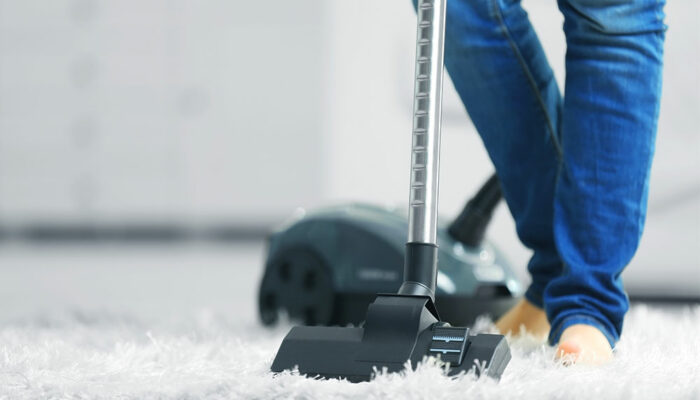5 vacuuming mistakes to avoid
Most households today have vacuum cleaner as they are one of the most important cleaning tools. But not everyone uses the appliance properly. Improper use and handling of vacuum cleaners can result in its malfunctioning and reduction in shelf life. This can lead to replacing it with a new one and the cycle repeats without realizing that all a vacuum cleaner need is some TLC.

Using the wrong attachment
Vacuum cleaners come with variety of attachments including crevice tools, dusting brushes, and other extension tools to reach inaccessible corners and ceilings. Using these attachments on the wrong surfaces will not only make vacuuming tedious, but it may also damage the cleaning tools.
Vacuuming with a filled dust bag or canister
This is one of the common mistakes made while using a vacuum cleaner. Not emptying the vacuum cleaner’s dust collection bag or canister can reduce the suction power and even put load on the motor. This can decrease the longevity of the vacuum cleaner. Some vacuum cleaners come with ‘check/change bag’ indication. So, make sure to empty the bag as soon as it is full.
Vacuuming hard objects
Although vacuum cleaners have a powerful motor, they are made to suck in dust and debris. However, most of us use a vacuum cleaner to suck in other hard objects like a penny, screw, or similar objects that we find fallen on the floor. This can destroy its interiors, thereby decreasing its longevity further. Hence it is always to pick up such objects from the floor with hand before vacuuming the area.
Running over the cord
Running over the cord is yet other common mistake that can worn out vacuum cleaners prematurely. While vacuum cleaners are designed to be rugged, running the machine over its own power cord can damage and expose the wires inside it. This is not only hazardous, but also decrease its suction power overtime.
Assuming the motor is broken
Most manufacturers design vacuum cleaners in such a way that the motor stops receiving power when it overheats. The mechanism is included to prevent a hazardous incident. The motor typically overheats due to continuous operation or if it is being operating with an overfilled bag.





